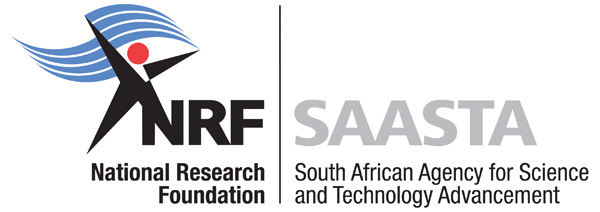Definition of Science Shop
A science shop is a facility, often attached to a specific department of a university or a non-governmental organisation (NGO) that provides independent, free, participatory research support in response to concerns and issues experienced by civil society. It is a demand-driven and bottom-up approach to research. The work of a science shop can be described as community-based research. Science shops were first established in the Netherlands in the 1970s, and their main function is to increase public awareness and to provide access to science and technology to laymen or non-profit organisations. Simply put, this is an entity, which at low cost and/or pro-bono basis conducts research and related studies mainly for clarification purpose – the subject of the study having being suggested by ordinary citizens in their individual capacity or as a collective, e.g. community-based organisation.
In practice, this means civil society organisations will have access to scientific research at low or no cost. Science shops that are based at universities also give students opportunities to do community-based research as part of their curriculum. Science shops are not restricted to the natural sciences, and they can cover topics in all scientific disciplines, ranging from natural sciences to social sciences and the humanities.
Background to science shops
Science shops fall within the “science in society” school of thought. This model holds that the relationship between science and the public is not only based on formal literacy or attitudes, but also on the social, cultural and political environments in which the public actively engages with science in their everyday lives (Bauer et al., 2007).
The participation of scientific citizens in democracy means that these citizens can question, interrogate and debate science and technology (S&T) issues on an equal footing with the scientific community (Durant, 1999). Bi-directional communication from science experts and government to citizens is vital to ensure this. This allows for feedback between the public and the S&T community, making S&T policies more responsive to the needs of the public (Felt & Fochler, 2008).
At an individual level, for example, citizens should be able to appreciate the negative and positive consequences of an oil refinery being built in close proximity to a residential area. In addition, a scientifically informed public will not be vulnerable to misleading information (for example diet pills) or to pseudo-scientific information. In this way, citizens are able to exercise democratic decision-making (Gregory & Lock, 2008). This form of participation also extends to issues on a national decision-making scale. Issues such as water provision, sanitation, housing and energy require citizens to make decision regarding socio-scientific issues.

 The South Africa Agency for Science and Technology Advancement (SAASTA) is a business unit of the
The South Africa Agency for Science and Technology Advancement (SAASTA) is a business unit of the 